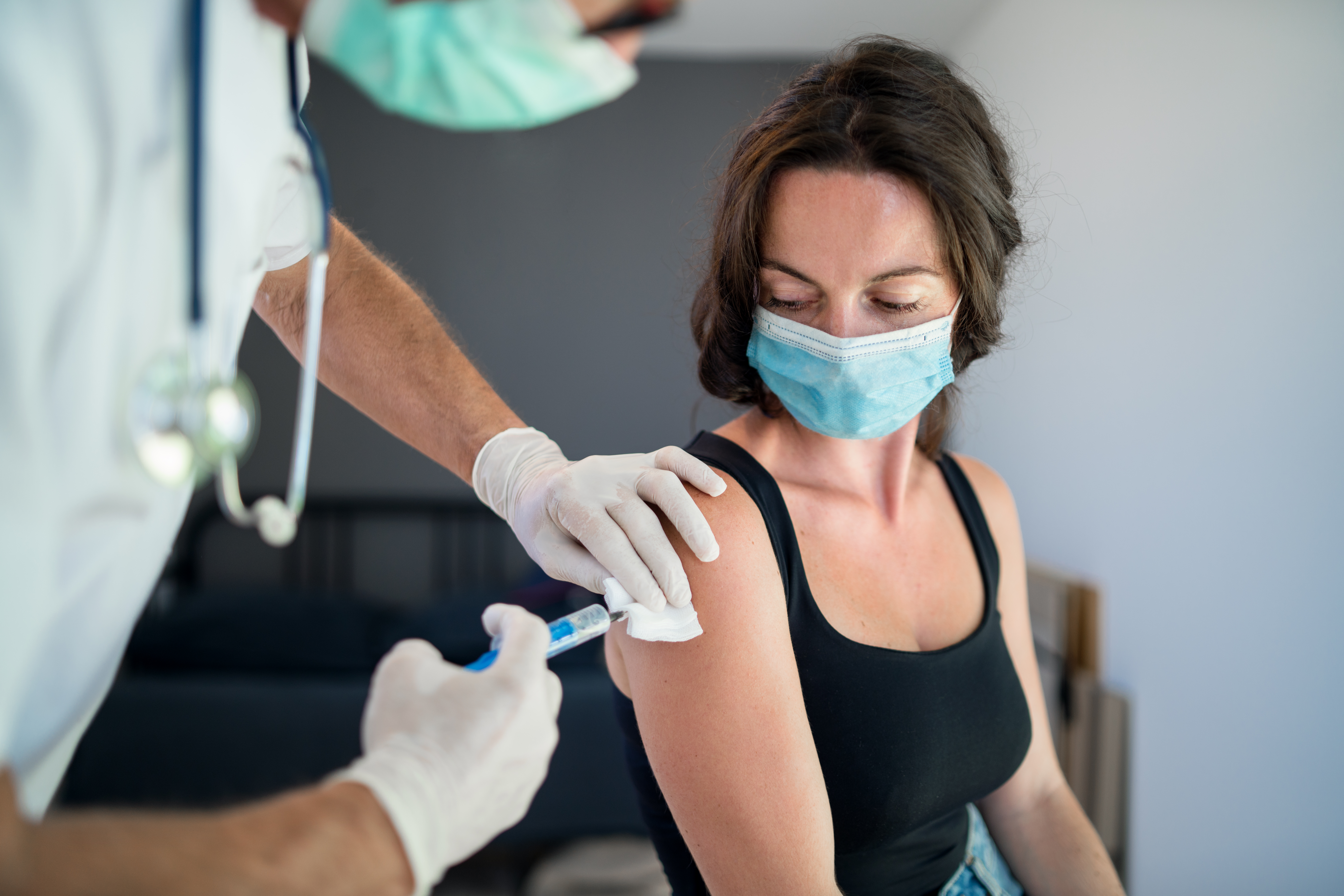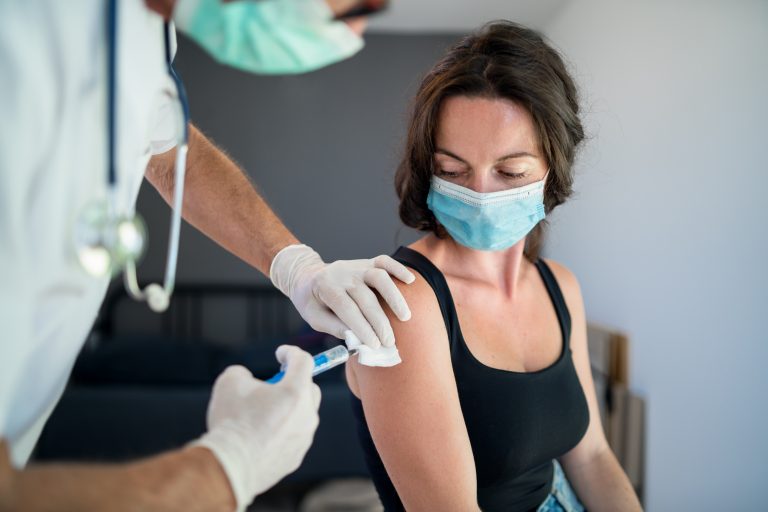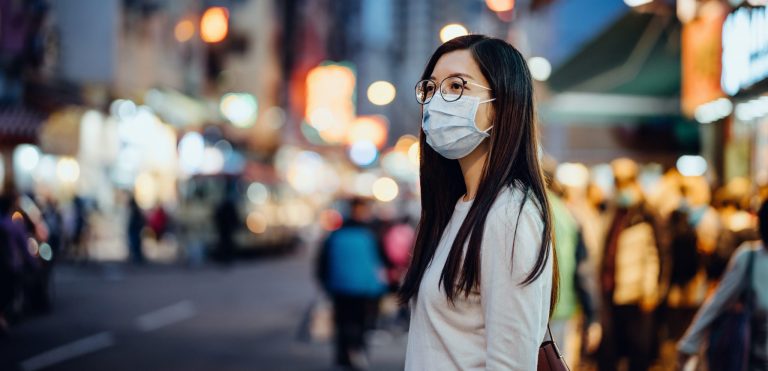If you’ve had coronavirus and found your symptoms lasting 4 weeks or longer, or the appearance of new, troubling symptoms after having coronavirus, you might have long COVID. But what is long COVID? And when will I get better? Below we’ll answer the most frequently asked questions on the long-term effects of coronavirus.
Long COVID FAQ
What is long COVID?
Long COVID is a term used to describe the symptoms that remain or occur after a person has recovered from coronavirus infection. It may also be referred to as “post-COVID-19 syndrome.”
While most people tend to recover from COVID within a few days or weeks of catching the virus, for some, it takes a little longer than that. Some people are reporting feeling unwell with continuing symptoms or even the appearance of new ones. And it is this continuing experience of feeling ill that has been called long COVID.
What are the symptoms of long COVID?
If you have had coronavirus and are still not feeling 100% okay over 4 weeks, you may have long COVID. Here are some of the symptoms that you may be experiencing*:
- Fatigue or unusual tiredness
- Chest pains or a tightness in the chest area
- Brain fog or memory problems
- Trouble concentrating
- Shortness of breath
- Heart palpitations or an unusual heartbeat
- Feeling dizzy
- Joint pain
- Depression, anxiety, or other mental health issues
- Pins and needles
- Tinnitus
- Earaches
- Gastrointestinal issues (feeling physically sick, diarrhea, loss of appetite)
- Ongoing or reoccurring temperature
- A rash
This list is not exhaustive. As a novel virus, new information is discovered all the time. So, if you have some unexplained symptoms, please bring them to the attention of your doctor.
Is there any connection between the severity of my illness and long COVID?
Unfortunately, there has been no connection established between the appearance of long COVID and the intensity of initial symptoms to date. Some people who initially only had mild symptoms report ongoing complications. As do those who had a more severe form of COVID originally.
Will the vaccine help my long COVID?

- 56.7% felt an overall improvement in their symptoms
- 24.6% felt there was no change
- 18.7% felt some deterioration
As research continues, more evidence will be available to determine the precise role of the vaccine in long COVID symptoms.
I think I have long COVID, what should I do?
Wondering “how long does COVID last?” and “when exactly does it become long COVID?” If your symptoms seem to be hanging around after 4 weeks, it’s time to call your doctor. They will talk you through the next steps in managing your illness and let you know if anything needs to be done. You may need to attend an appointment, have some blood tests done, your blood pressure checked, or even have a chest X-ray. However, this will be at the digression of you and your healthcare team.
What support can I get for long COVID?
Living with long COVID can be a challenge, and you should not suffer alone. The symptoms you are experiencing are real, and they can have a significant impact on your life. If you find they are interfering with your ability to lead a regular life, please contact your healthcare team for support. They may offer rehabilitation services or other care to help you with your symptoms.
What else do I need to know about ongoing coronavirus symptoms?
Note that coronavirus and long COVID are very new illnesses, and we do not know everything about them at this moment. As more information becomes available, the medical community will be better able to help you manage your illness or any ongoing symptoms you are experiencing. Stay tuned for further updates.



